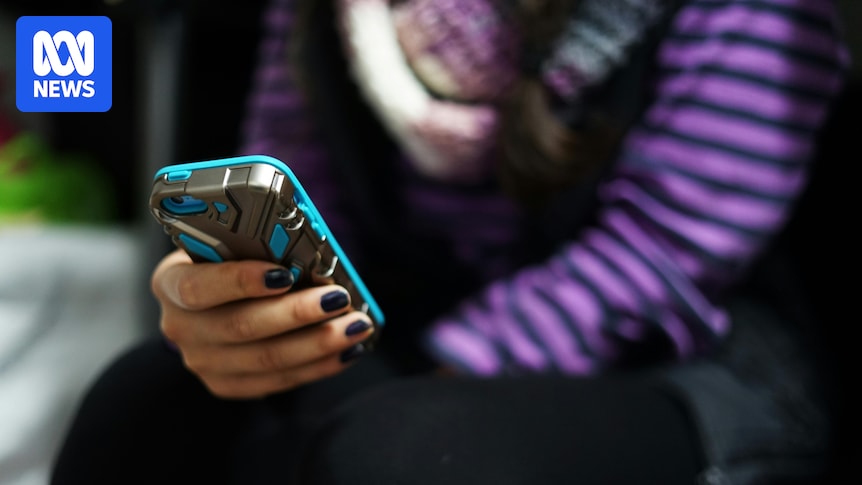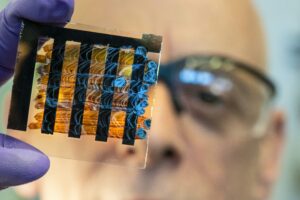
Police in Sydney are currently investigating alarming reports of explicit deepfake images featuring the faces of female students from a local high school being circulated online. The incident has prompted several families to visit Eastwood Police Station on Wednesday evening to express their concerns.
According to a brief statement from the police, officers from the Ryde Police Area Command have launched an investigation into the matter. “Inquiries are ongoing and there is no further information available at this time,” a police spokesperson stated. The issue came to light when a male student, who received the images, reported them to the school administration.
School and Government Response
The school’s administration is actively cooperating with law enforcement to address the situation. A spokesperson from the Department of Education emphasized the potential risks posed by deepfake technology. “Deepfakes present significant new risks to the wellbeing and privacy of students,” they noted.
Acting Education Minister Courtney Houssos has expressed grave concerns over the reports and plans to discuss the matter with the Department of Education secretary. “These are deeply concerning reports that I have been briefed on,” she commented. “This isn’t a problem that we’re just facing in New South Wales; this is nationwide, but it’s appropriate for police to be investigating this matter.”
Houssos further highlighted that schools are reflective of broader societal issues. “Schools are microcosms of what we’re seeing in the broader community,” she said. “This is a challenge that we’re facing across the nation, and I think it’s important that we consider that specifically in our schools.” She assured that support systems would be implemented at the affected school to assist students and families.
Legal Framework and Implications
This incident comes on the heels of recent legislative changes in New South Wales aimed at curbing the misuse of artificial intelligence in creating explicit content. Last month, the NSW parliament passed laws making it illegal to produce sexually explicit deepfakes of identifiable individuals without their consent, punishable by up to three years in prison.
“These aren’t just creating cartoons. They are really harmful ways of acting that often happen to young people at schools,” Attorney-General Michael Daley stated in September. “We’ve had young people, women who’ve committed suicide because of this. So the government takes this very, very seriously.”
The legislation was designed to keep pace with technological advancements and to combat the tools of sexual exploitation, particularly within school communities. Federal Communications Minister Anika Wells has also indicated a governmental crackdown on AI technologies, including “nudify” apps, which are capable of generating explicit content.
Broader Context and Future Outlook
The rise of deepfake technology has raised significant concerns worldwide, with its potential to invade privacy, damage reputations, and contribute to cyberbullying. Experts warn that as the technology becomes more sophisticated, the risks associated with its misuse will likely increase.
Educational institutions and policymakers are being urged to develop comprehensive strategies to educate students about digital literacy and the ethical use of technology. The current incident in Sydney underscores the urgent need for such measures.
As the investigation continues, authorities and educational leaders are working to ensure the safety and privacy of students. The outcome of this case could set a precedent for how similar incidents are handled in the future, highlighting the critical role of legislation and community awareness in combating digital exploitation.
The community awaits further updates from the police investigation, while educational and governmental bodies continue to address the broader implications of deepfake technology within society.






